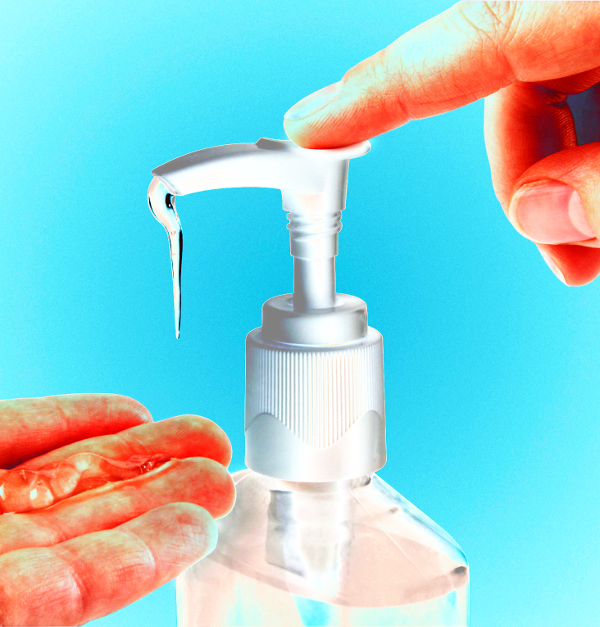Anti-bacterial ban handed down
 The US Food and Drug Administration (FDA) has banned several key chemicals in antibacterial hand soap because they are dangerous and do almost nothing.
The US Food and Drug Administration (FDA) has banned several key chemicals in antibacterial hand soap because they are dangerous and do almost nothing.
There is almost no evidence that anti-bacterial washes are better than plain soap and water, research shows.
Anti-bacterial chemicals take hours to work, and so often have no effect for the short duration they are on hands.
However, they eventually make their way inside the body through our hands and household surfaces, where they can destroy gut microbes and create negative health and immune effects.
The authorities in the US are responding to these risks, banning 19 ingredients including the two most common - triclosan and triclocarban.
These two in particular appear in almost all liquid and bar antibacterial soaps, and have been linked to cellular damage.
“Consumers may think antibacterial washes are more effective at preventing the spread of germs, but we have no scientific evidence that they are any better than plain soap and water,” said Janet Woodcock, FDA drugs division chair.
“In fact, some data suggests that antibacterial ingredients may do more harm than good over the long-term.”
The ban does not include hand disinfectants for hospitals and other medical centres.
Manufacturers have a year to comply with the ban.
“Washing with plain soap and running water remains one of the most important steps consumers can take to avoid getting sick and to prevent spreading germs to others,” an FDA statement said.
It recommended that if soap and water are not available, a hand sanitiser “that contains at least 60 per cent alcohol” should be used.








 Print
Print